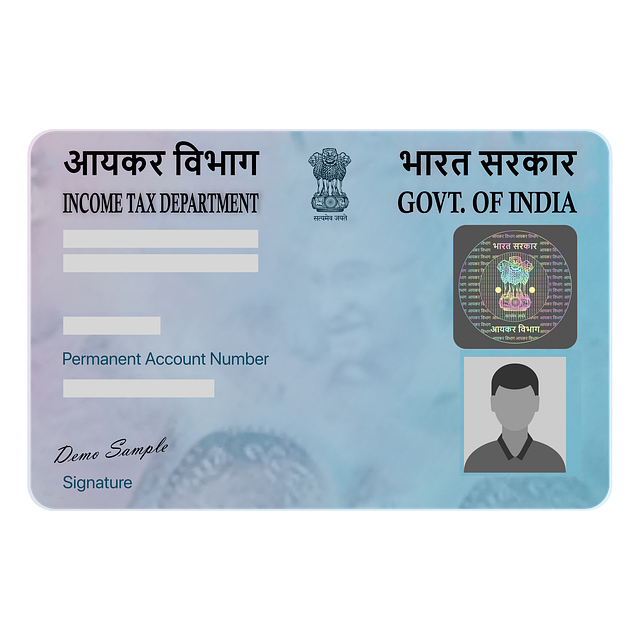Expanding into the UK market requires accurate translations of legal documents, emphasizing quality through specialized UK translation services. These experts navigate complex regulations by preserving technical terms, legal nuances, and context in translated texts. Employing advanced tools and human expertise ensures precision, minimizing risks of non-compliance and penalties. Best practices include post-translation reviews by native legal professionals and staying updated on regulatory changes.
In the intricate landscape of global business, navigating regulatory compliance with translated UK legal documents is paramount. This comprehensive guide explores essential aspects of ensuring accuracy and adherence in cross-border transactions. From understanding specific UK regulations to leveraging professional translation services, we delve into best practices for translating legal texts seamlessly. Discover key considerations, quality assurance measures, and strategies to overcome common challenges, empowering you to maintain stringent compliance post-translation with reliable UK translation services.
- Understanding Regulatory Compliance Requirements for UK Legal Documents
- The Role of Accurate and Professional Translation Services
- Key Considerations when Translating Legal Texts
- Ensuring Quality Assurance in Document Translation
- Navigating Potential Challenges and Common Pitfalls
- Best Practices for Maintaining Compliance Post-Translation
Understanding Regulatory Compliance Requirements for UK Legal Documents

Navigating the complex landscape of regulatory compliance with translated UK legal documents requires a deep understanding of both the legal framework and linguistic nuances. Businesses operating within the UK or looking to expand their operations must ensure that all legal documents, when translated, accurately convey the intended meaning and adhere to stringent regulatory standards. This is particularly crucial for maintaining legal integrity and avoiding potential penalties.
UK translation services specializing in regulatory documents play a vital role here. They employ professional translators who are not only fluent in both languages but also possess a keen awareness of legal terminology and cultural contexts. These services go beyond simple word-for-word translations, ensuring that the translated documents are compliant with UK laws and regulations. By leveraging such expertise, businesses can confidently navigate regulatory requirements, thereby facilitating smoother operations and minimizing legal risks.
The Role of Accurate and Professional Translation Services

In the realm of international business, navigating regulatory compliance with translated UK legal documents is a complex task. The accuracy and professionalism of translation services play a pivotal role in this process. It’s not merely about converting words from one language to another; it involves ensuring that legal nuances, technical terms, and contextual sensitivity are preserved across languages.
Choosing reliable UK translation services specializing in compliance and regulatory documents is essential. These professionals employ advanced tools and linguistic expertise to deliver precise translations, minimizing the risk of errors that could lead to non-compliance. By relying on their skill and knowledge, businesses can be confident that their translated documents accurately reflect the original intent, thereby facilitating smooth navigation through regulatory landscapes.
Key Considerations when Translating Legal Texts

When translating legal texts for compliance with regulatory documents in the UK, several key considerations come into play. These include ensuring accuracy and precision in conveying the original meaning while adhering to local legal terminology and nuances. Legal translations demand a deep understanding of both the source and target languages, as well as knowledge of the jurisdiction’s specific laws and regulations.
Professional translation services for regulatory and compliance documents should incorporate thorough research and consultation with legal experts to guarantee the translated text aligns perfectly with UK legal standards. This meticulous approach safeguards that the final document not only meets linguistic requirements but also maintains its legal integrity, thereby facilitating seamless compliance processes.
Ensuring Quality Assurance in Document Translation

Ensuring quality assurance in document translation is paramount, especially when navigating the complex landscape of UK regulatory compliance. Beyond simple accuracy, translations must capture the nuances and intent of the original legal documents to avoid misinterpretation or non-compliance. This necessitates a rigorous review process involving both language experts and domain specialists who understand the intricacies of UK regulations.
Reputable UK translation services invest heavily in quality control measures, including advanced technology like machine translation and post-editing, as well as human scrutiny at every stage. Strict protocol ensures that translated regulatory documents are not just linguistically correct but also legally sound, thereby safeguarding against potential legal pitfalls and ensuring adherence to the highest standards of compliance.
Navigating Potential Challenges and Common Pitfalls

Navigating potential challenges is an integral part of ensuring regulatory compliance with translated UK legal documents. One significant hurdle is maintaining accuracy and consistency in translations, especially when dealing with complex terminology unique to British law. Misinterpretations or mistranslations can lead to serious legal consequences, so relying on professional UK translation services that understand the nuances of legal language is paramount.
Another common pitfall involves cultural differences and how they might affect the interpretation of certain clauses. Legal documents often contain idioms, metaphors, or references that may not have direct equivalents in other languages. Skilled translators must be adept at conveying these elements while preserving the intended meaning and avoiding ambiguities. Inaccurate translations can result in misinterpreted obligations, rights, or restrictions, leading to legal disputes and non-compliance with UK regulations.
Best Practices for Maintaining Compliance Post-Translation

Maintaining compliance post-translation is a critical step in ensuring that regulatory documents accurately convey the original meaning and meet legal standards. One of the best practices is to conduct thorough quality assurance (QA) checks on translated documents. This involves proofreading by native speakers with legal expertise to catch any conceptual or terminological errors, as well as cultural nuances that might impact understanding.
Additionally, leveraging UK translation services that offer post-translation editing and review processes can significantly enhance compliance. These services often include a peer review process where another translator independently reviews the work for consistency, accuracy, and adherence to legal terminology standards specific to the UK context. Regular updates on regulatory changes are also essential; translators and legal professionals should stay abreast of any revisions or amendments to relevant laws and regulations to ensure that translated documents remain compliant over time.
When dealing with regulatory compliance for translated UK legal documents, utilizing professional translation services is paramount. By adhering to best practices, ensuring quality assurance, and carefully considering key aspects during the translation process, organizations can navigate the complexities of this domain successfully. Accurate and precise translations are essential to maintaining compliance, avoiding potential pitfalls, and upholding the integrity of legal documentation in a global context. Effective navigation of these challenges fosters confidence in the translated documents’ authenticity and legal validity.
